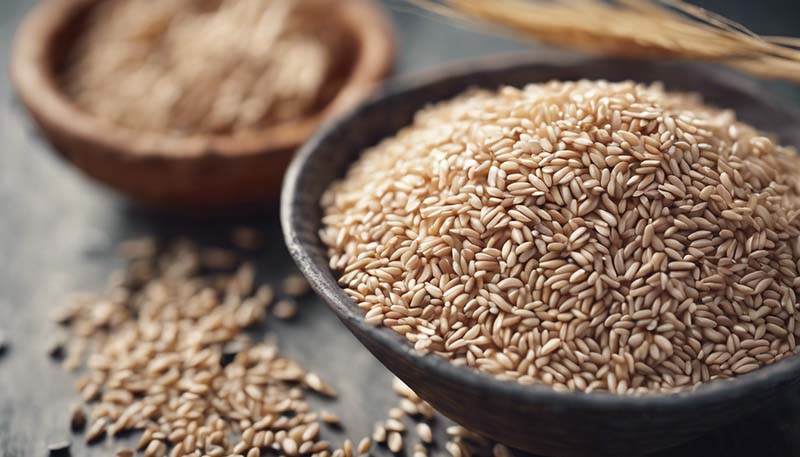The Importance of Meal Planning for a Healthy Diet
A well-balanced diet is crucial for maintaining good health, and meal planning is an essential tool for achieving this goal. Whether you're looking to lose weight, build muscle, or simply maintain a healthy lifestyle, planning your meals can make a significant difference in your nutritional intake and overall well-being.
Introduction
Meal planning is the process of deciding what meals and snacks you will eat in advance. It involves selecting the ingredients and recipes you will need and preparing them in a way that fits your schedule and dietary needs. This proactive approach to eating can offer numerous benefits, including:
- Improved nutrition
- Weight management
- Cost savings
- Reduced food waste
- Less stress and more free time
The Benefits of Meal Planning
1. Improved Nutrition
Planning your meals allows you to ensure that you are consuming the right balance of nutrients every day. By taking the time to think about what you will eat, you can make deliberate choices that align with your health goals. This can include increasing your intake of fruits and vegetables, reducing processed foods, and ensuring you get enough protein, fiber, and healthy fats.
2. Weight Management
Meal planning can be an effective weight management strategy. By planning your meals, you can control portion sizes and avoid the temptation of unhealthy choices when you're hungry. It also makes it easier to track your calorie intake, which is essential for weight loss or maintenance.
3. Cost Savings
When you plan your meals, you're less likely to make impulsive purchases or eat out frequently, both of which can add up financially. By buying ingredients in bulk and preparing meals at home, you can save a significant amount of money over time.
4. Reduced Food Waste
Planning your meals can help reduce food waste by ensuring that you only buy what you need. It also helps you make the most of leftovers and use up ingredients before they spoil.
5. Less Stress and More Free Time
Not knowing what to cook or having to make decisions about meals when you're hungry can be stressful. Meal planning eliminates this stress by giving you a clear plan to follow each day. It also saves you time because you're not deciding what to make for every meal.
How to Start Meal Planning
1. Set Your Goals
Before you start planning, it's essential to know what you want to achieve with your meal plan. Are you looking to lose weight, increase muscle mass, or improve your overall health? Your goals will guide your meal planning decisions.
2. Plan Your Meals
Choose a day of the week to sit down and plan your meals for the next week or two. Consider your schedule, dietary preferences, and the types of foods you enjoy. Make a list of meals and snacks that fit your plan.
3. Create a Shopping List
Once you have your meals planned, create a shopping list of all the ingredients you'll need. This will make your grocery shopping more efficient and ensure you have everything you need to prepare your meals.
4. Prepare in Advance
Consider preparing some elements of your meals in advance. This could include chopping vegetables, cooking grains, or marinating proteins. Meal prepping can save you time during the week and make it easier to stick to your plan.
5. Be Flexible
While it's important to have a plan, it's also okay to be flexible. If you're not in the mood for a planned meal or if you run out of an ingredient, be willing to adjust your plan as needed.
Conclusion
Meal planning is a powerful tool for anyone looking to improve their diet and overall health. By taking the time to plan your meals, you can ensure that you're getting the nutrients you need, save money, reduce food waste, and enjoy a less stressful and more organized approach to eating.
Remember, the key to successful meal planning is to start simple, be consistent, and adjust your plan as needed to fit your lifestyle and preferences.






























Join the discussion